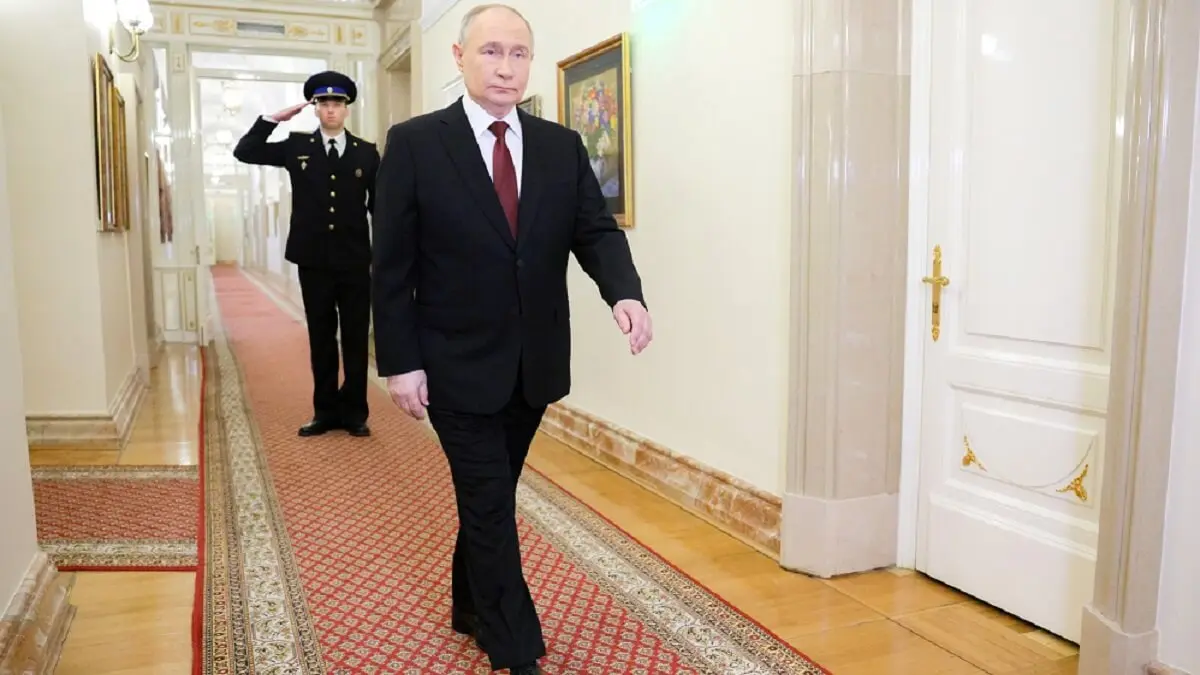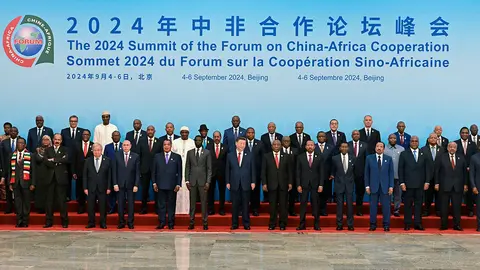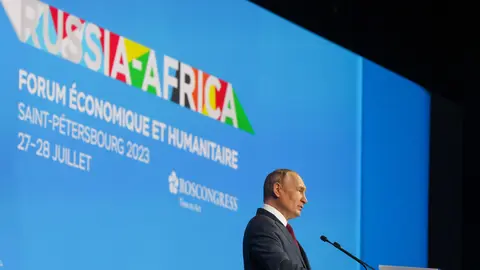The West's defeat in Ukraine

Another military defeat that will mark another hole in the decadence of the West. Emmanuel Todd is a French historian of Jewish origin who last year published the book ‘The West's Defeat’. A groundbreaking book on the current changes in world politics. He argues that Russia's military action in the Ukrainian war has exacerbated the economic and political crisis that has been brewing with internal imbalances in the Western powers. All are facing acute economic problems and political crises. Domestic imbalances in the US and the UK have become serious threats to global stability.
Todd points out that the crisis in the West is the driving force of the story we are living through and some already knew it, but when the war in Ukraine is over, no one will be able to deny it. Therefore, the manipulations of disinformation will be laid bare. He explains that Western discourse confines Russia and Russia alone to a despotic perpetuity that oscillates between tsarist autocracy and Stalinist totalitarianism. Putin, when he is not equated with the devil, is branded as the new Stalin or a new tsar.
In his opinion, this is a profile that generates terror and rejection, ‘when it is clear that today's Italy is not Mussolini's Italy, nor is today's Germany Hitler's Germany. Of course, today's Russia is different from communist and tsarist Russia’.
Because of these manipulations and Western propaganda, ‘Russia's strength has been one of the great surprises of the war. It was easy to foresee and will be easy to explain, given that the US underestimated its adversary when there was nothing hidden about its resources and strengths’.
He shows that Russia under Vladimir Putin has in a few years entered an era of profound economic and strategic changes, which are unknown in the West due to information manipulation. ‘Russia has not only achieved food self-sufficiency, but has become one of the world's largest exporters of agricultural products’, contrary to the Western view that its economy is simply a gas station.
Statistics show that four years ago Russian agri-food exports reached a record level of 43.5 billion dollars, a figure higher than gas export revenues in the same year of 26 billion dollars.
In ten years, the Russians went from producing 37 million tonnes of wheat to producing 134 million tonnes annually. In 1980, the US produced 65 million tonnes of wheat annually and now produces 47 million tonnes. In other words, the Russians have doubled US production.
The US and EU economic sanctions were intended to strangle the Russian economy, but the effects have been to strengthen the Russian economy, encouraging domestic production and new technological developments in all areas.
Sanctions have hit the US and European economies harder than the Russian economy, given that the Russian economy is growing fast and has reduced its dependence on the West. Instead, it has increased and strengthened trade with Asian and African economies.
According to Todd, ‘what fundamentally distinguishes the Russian economy from the US economy is the technological aspect, with 33.4 % of Russian students studying engineering compared to 7.2 % in the US. This is where the strength of Russia's technological development differs from that of the US and other Western powers.
Russian technological developments are striking not only in agriculture and pharmaceuticals, but also in the development of new technologies in the military industry. The Russians have achieved the most advanced developments in space control and military industry in the world.
They took advantage of the failed Minsk agreements to prepare for sanctions, creating their own SPFS financial messaging system so as not to rely on the US SWIFT system, and, of course, to challenge the US and NATO with the war in Ukraine. Because they felt militarily prepared, given that since 2018 they have had hypersonic missiles and other more sophisticated weapons systems that give them military superiority over the US.
Todd now points out that Russia's great weakness as a power is its demographics, because of the low fertility rate of a population of 146 million, spread over 17 million km², which is expected to fall to 121 million by 2050.
For Todd: ‘Talk of a conquering Russia, capable of invading Europe after liquidating Ukraine, is pure fantasy. This explains why the Russian military chose to fight a slow war to save manpower and avoid losing the fewest number of troops'. He concludes that ‘US leaders know that Russia's great weakness lies in its demographics’. However, ‘the demographics trap has led them to make the biggest strategic mistakes against the Russians and Chinese’.
@j15mosquera



